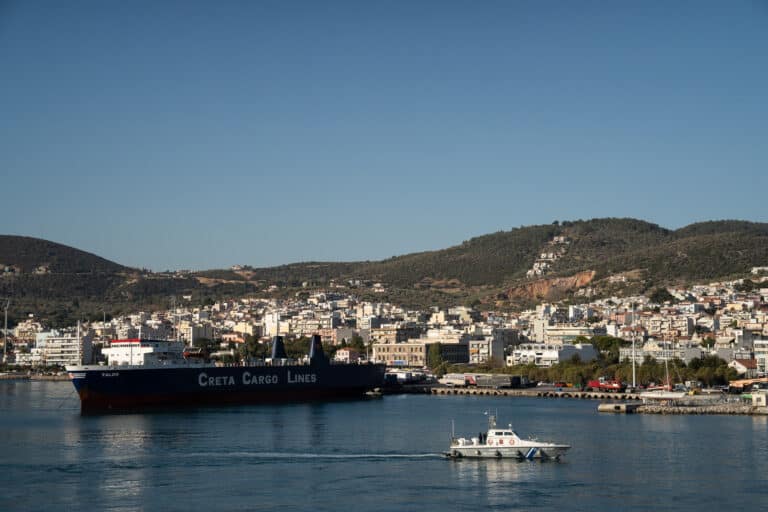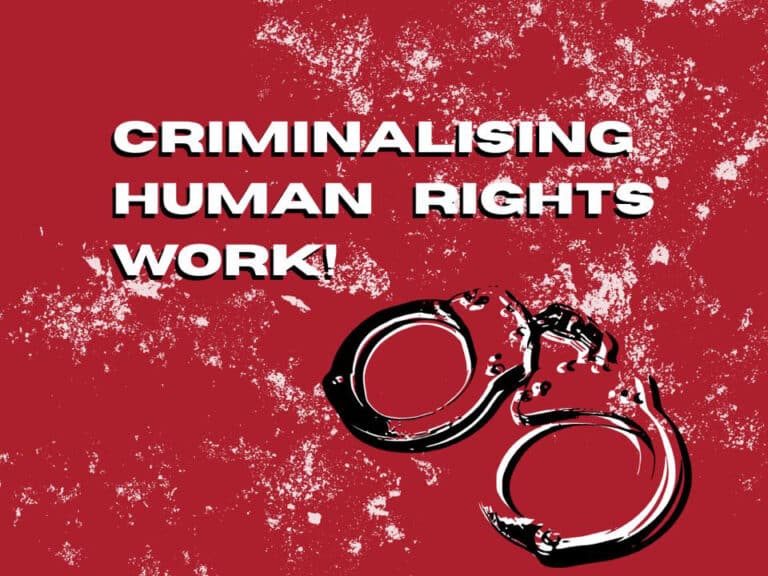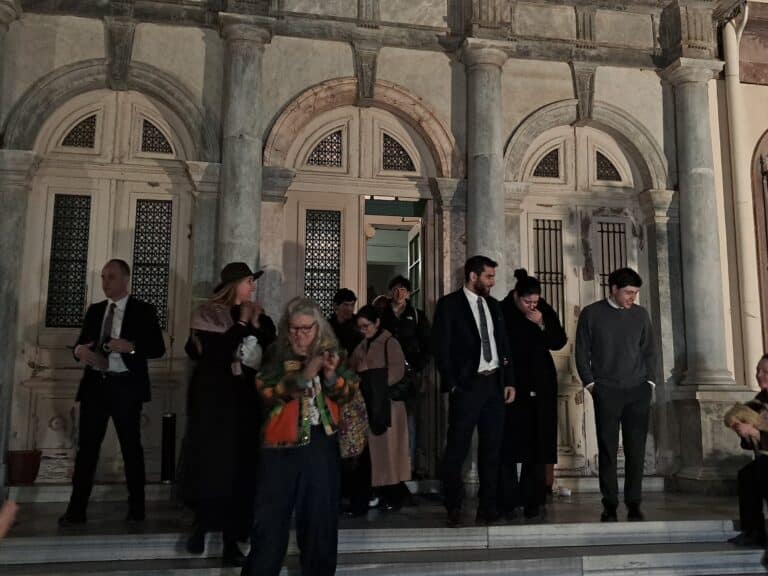CPTnet
22
December 2011
IRAQ
REFLECTION: Bound to not get away
By Garland
Robertson
They
are teasing us. Flirting about, jumping from ledge to roof to line and back
again. They move according to their spatial awareness. Who knows what
they are thinking. Yet we are certain these small flying creatures are
innocent, not knowing the promptings that surface for us as we stand by idly
waiting.
Already
we have waited for an hour, inside the prison courtyard. We have come to gather
with family and friends of Ibrahim, a man who before resided in Halabjah.
Police officials apprehended him more than two months ago and brought him to
this closed facility. Outside the entrance to the prison, guests purchased an
assortment of fruits and pastries to share with the inmates. This once-a-week encounter
is all the opportunity provided for family and friends to stay in touch with
their husband, father, brother, uncle and friend. Now as we wait, the others
throughout the 30-meter square yard spread rugs and mats with provisions
brought for sharing a picnic experience with their imprisoned host. We
are among more than 40 people most of which have made the journey from Halabjah
to the provincial capital city of Sulaimaniya to see Ibrahim once again.
The
reason for Ibrahim’s confinement is too typical. Several years before, Ibrahim
had worked passionately and effectively with one of the leading political
parties here. He became a respected and trusted leader in the region
where he once lived. However because of corruption practices of that
party Ibrahim had chosen to join with an emerging party dedicated to expose
secret governmental practices that funnel resources away from community service
programs. Repeated efforts to lure him back into the previous political fold
were unsuccessful, so now he lives here, in this prison, charged with a violent
crime that prevents him from posting bail. He will be here until his court date
arrives.
Ibrahim’s
arrest happened in a public protest conducted in Halabjah. Security
forces from outside the city were dispatched to disperse the group who had
gathered for the public demonstration. An hour before the scheduled start time,
one of the visiting soldiers identified Ibrahim as the chosen target, and then
the violence began. Several other soldiers approached and began beating
people and shooting into the air to drive the people away. Ibrahim was
beaten and struck in the back of the head by a stray bullet, and then his
friend transported him to the hospital for treatment.
During
a week of recovery, friends and political leaders of the previous party
affiliation visited with Ibrahim. They urgently solicited his return to
the party. He declined. A few days later he was directed to report to the
police headquarters to answer questions. While there police officials charged
Ibrahim with inciting violence against the visiting soldiers, and told that one
of the soldiers had been shot and killed as a result of his encouragement of
violence.
No
one knows how long Ibrahim will remain here. In a discussion with family
members before being allowed to come inside, we were told that some persons
have stayed here for more than 10 years. The door opens and the prisoners walk
cautiously down the steel stairway to be embraced by their family and
friends. We talk briefly with Ibrahim. We want him to know of our
interest in his detainment. He is fearful some secret proceeding will sentence
him into oblivion before anyone has a chance to defend him. Witnesses once
before employed to testify against him refused to follow through with their
mission, but Ibrahim knows there will be others. It is a routine proceeding,
fabricating a case against someone who has embarrassed a powerful opposition
party. Maybe the next time, employed witnesses will be too desperate to
tell the truth.
We
prepare to go. They are still there, to tease the others while they share the
picnic together. I can guess what the prisoners are thinking, “…if I were a
bird or an international human rights worker, I could fly away too.”



